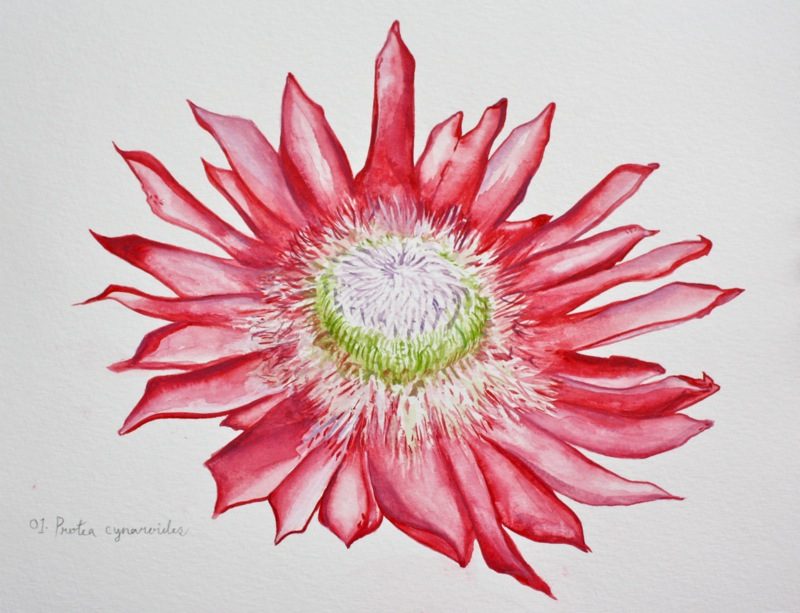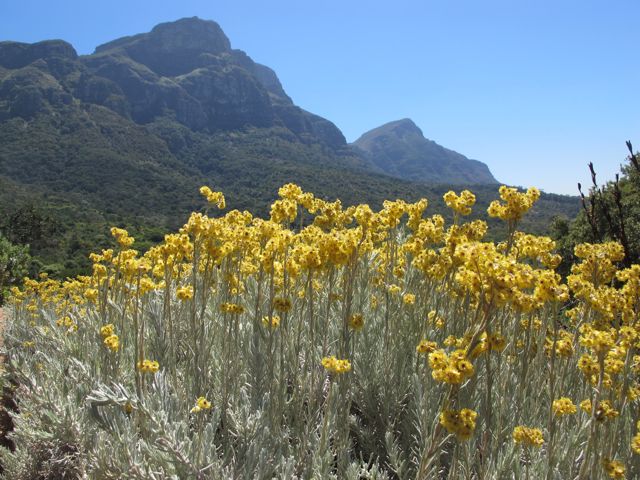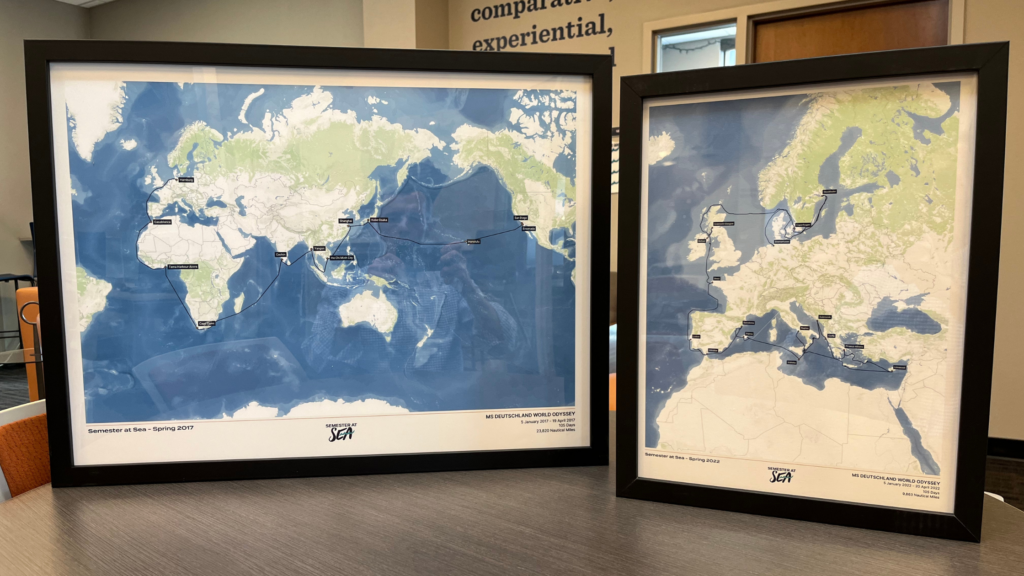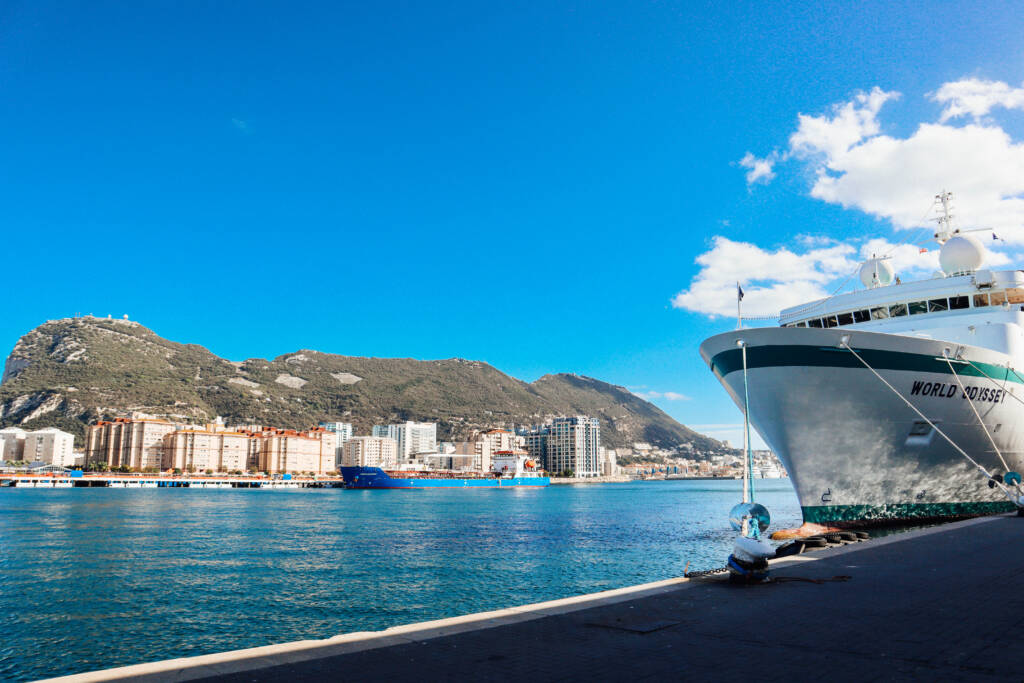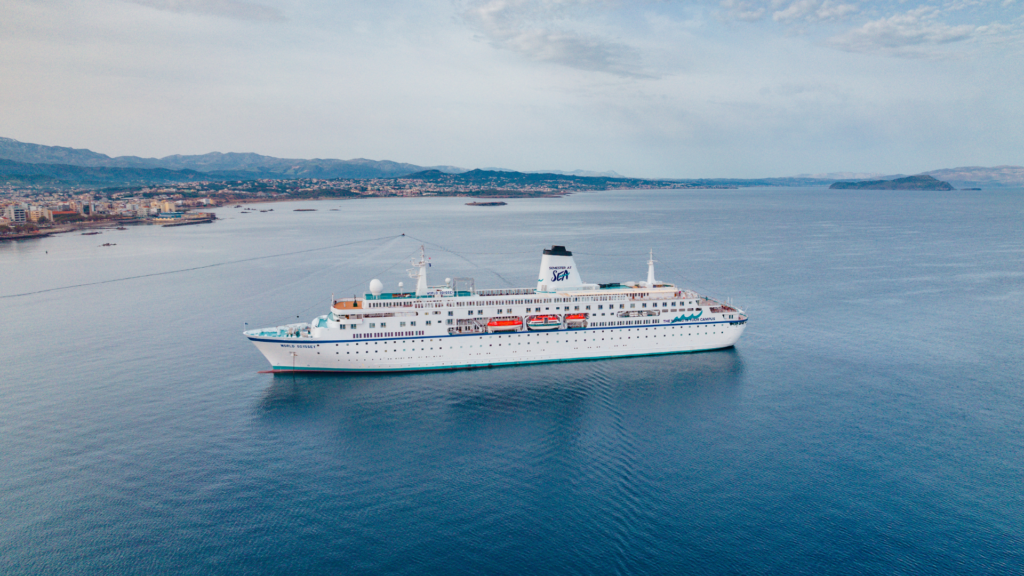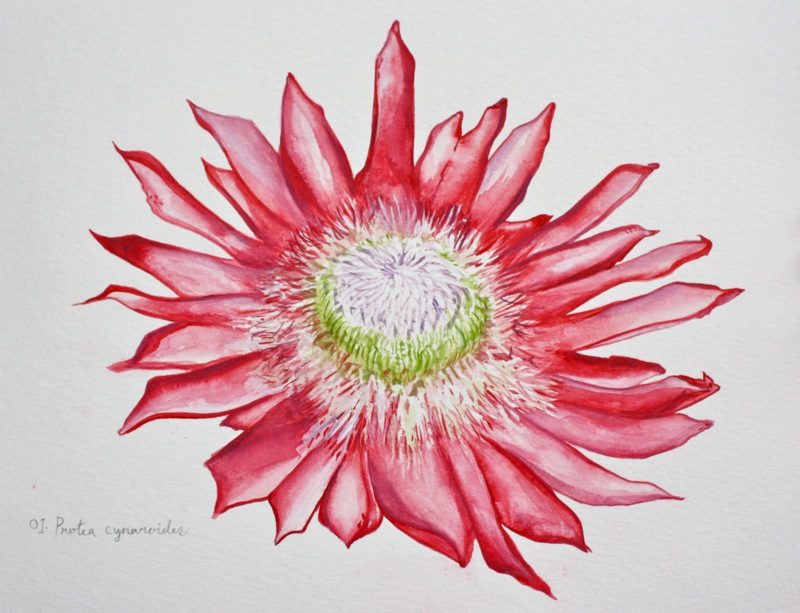
Cape Town is known for many things, such as its social history, its mountainous backdrop, and, most recently, its role as a 2010 World Cup host. What many folks don’t know, however, is the Cape’s dominant reputation within the science community as the smallest floristic kingdom on earth.
If that news doesn’t mean much to you, then you should consult this semester’s enthusiastic biology professor, Dr. Jenna Lawrence. “Cape Town is absolutely famous for its biodiversity,” Lawrence explained. “It has the highest plant species diversity per unit area than anywhere else on earth so, in Cape Town, you get the biggest bang for your buck.” To clarify, the world is split into six floristic kingdoms, largely defined by similarities in plant life. Most of these kingdoms cover enormous areas of land, often the size of entire continents, but the Cape kingdom barely stretches outside of the city. As a result, there are nearly three times as many plant species on the Cape Peninsula then in all of the United Kingdom combined.
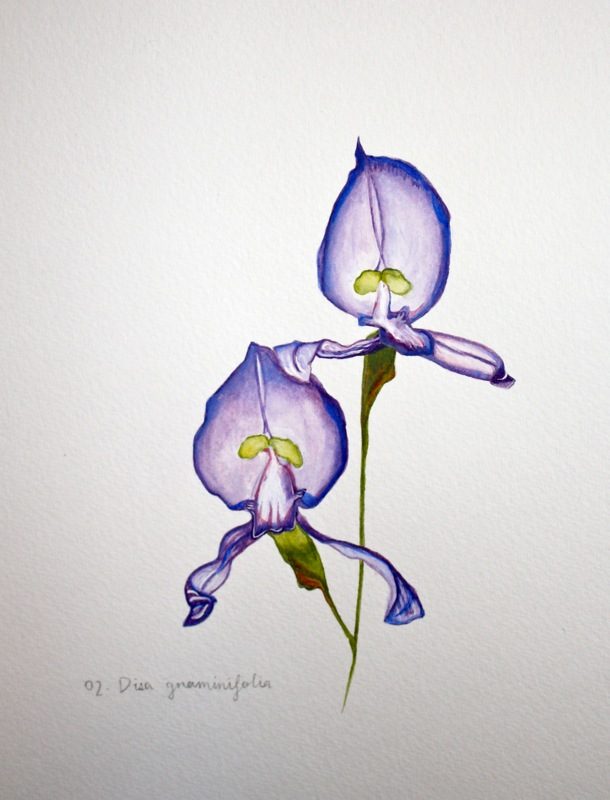
After explaining the unique biome of Cape Town to her classes while en route to South Africa, Lawrence and her students were finally able to see the land for themselves. On day 1 in port, students in Lawrence’s biodiversity, conservation, and marine biology classes boarded a bus for beautiful Table Mountain National Park. While traveling the peninsula, students met the penguins of Boulders Beach, visited the recently-established Zandvei Estuary, and even climbed the stone steps to the Cape Point Lighthouse at the edge of the continent.
Semester at Sea science classes provide the hands-on opportunities that other universities can’t. At most universities, field programs are only reserved for upper level science majors, but Semester at Sea allows students to explore their interests using the world as a classroom.
Sam Vanhook is one of those students. Back when he was in high school in Colorado, Vanhook started an ecological non-profit, and he now studies Russian and World Religions at College of the Holy Cross. He didn’t decide to study Russian due to the culture or the history, but rather because the country boasts one of the largest freshwater systems on Earth. “I’ve always been really interested in biology,” Vanhook explained, “but I’m more interested in the human factor of conservation biology, not so much statistics. Semester at Sea has been awesome for learning biology without having to major in it at home.” Vanhook and his classmates enjoyed the rare opportunity to visit the most unique biome on earth last week in Cape Town. A hands-on meaningful encounter like that couldn’t happen for an ecologically-minded Russian major anywhere else but on Semester at Sea.
Professor Lawrence, an Ivy League lecturer at Columbia University, has more in store for her students this semester, including trips to a Vietnamese mangrove and a Mauritian marine science center. Stay tuned.
llustrations by Annamarie Gavin, a Scientific Illustration major at Parsons School for Design. Click here to read her Semester at Sea blog.
Click here to read Jenna Lawrence’s bio.
Click here to meet the rest of the Spring 2012 faculty and staff.
